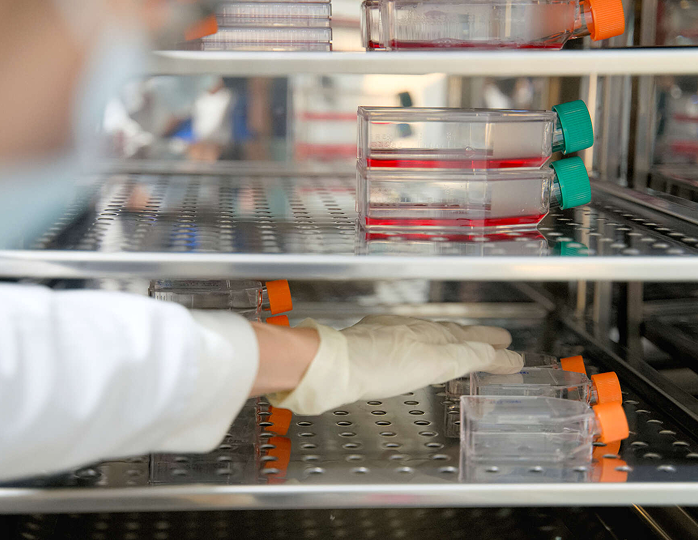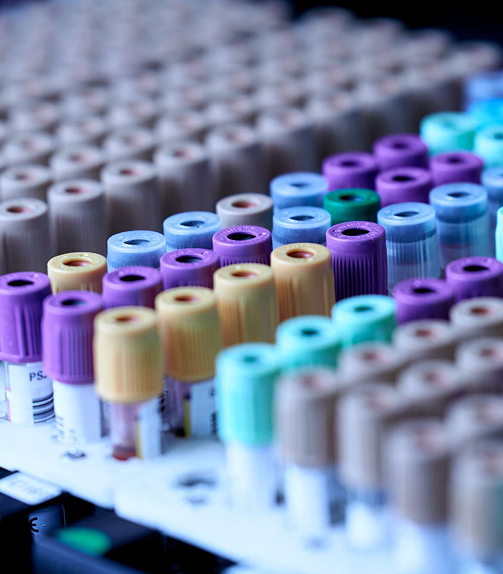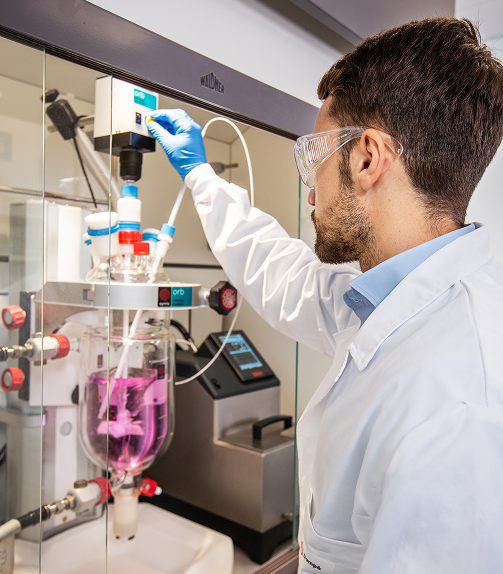What to do in a case of suspected Adverse Drug Reaction
Each country has its own pharmacovigilance rules and legislation to regulate the reporting requirements. Patients and healthcare professionals must refer to national provisions for reporting or may report directly to the Marketing Authorisation Holder (MAH) of the drug that is suspected to have caused the adverse reaction.The MAH will evaluate each safety case report and will notify every report in compliance with the procedures and deadlines provided by applicable laws and regulations.
Before taking any clinical treatment initiative for a suspected adverse reaction, citizens should always consult a physician, providing all the available details about the event and their medical history.



